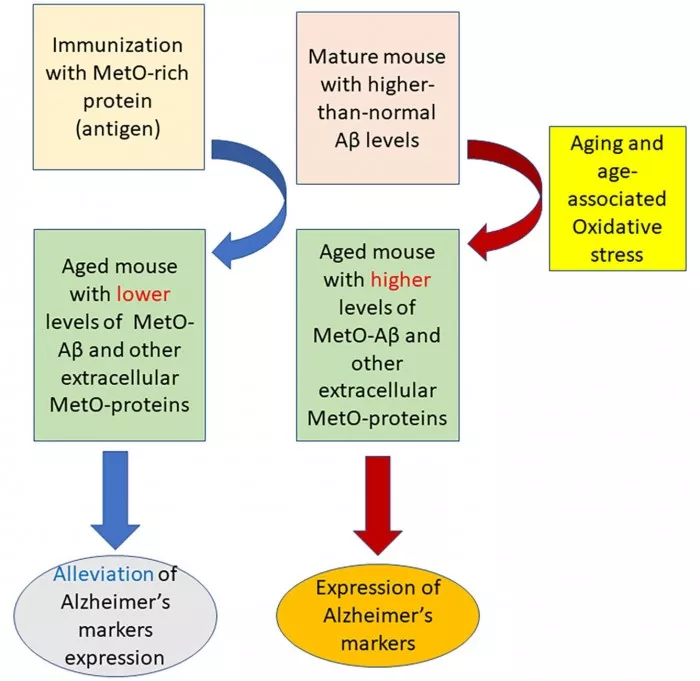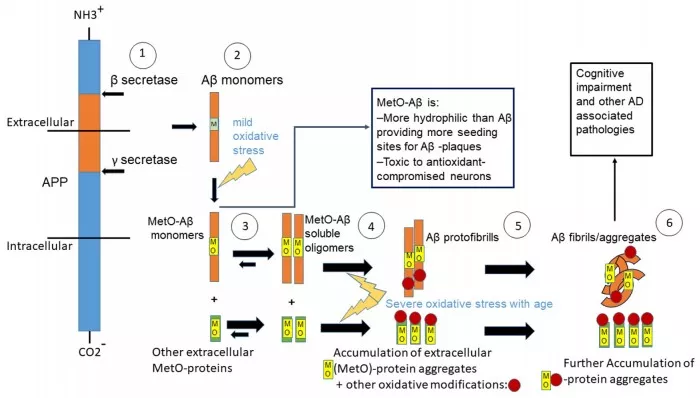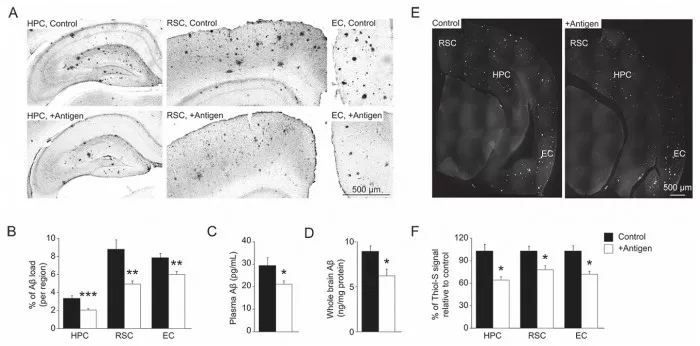For many years, scientists have been trying to solve the dilemma of "no medicine for Alzheimer's disease" from the root. During this period, some researchers envisioned various methods to remove the "toxic" proteins suspected to be related to it in the brain The good news is that in an article published in the MDPI open Journal of Agricultural Sciences "antioxidants" last month, juice, a research team from the University of Kansas, introduced the surprise discovery that "protein derived from corn can enhance the memory of Alzheimer's mice".
Summary (from: University of Kansas)
Scientists have been hoping to find ways to avoid the worst effects of the disease, even if it cannot be prevented. With the deepening of research, it is generally believed that "toxic" proteins are a key driving factor of Alzheimer's disease.
In the journal antioxidants published on April 13, 2022, the University of Kansas research team further proposed a possibility - a protein from corn that can be used to induce immune response and improve the memory of Alzheimer's mice.
Figure 1: protein mediated brain toxicity of Alzheimer's disease
Although this idea has existed for decades, the previous focus has been on amyloid and tau proteins, and scientists have avoided their negative effects in various interesting ways.
Recent advances also include the induction of immune response by targeting the encoded toxic protein DNA, or a dual effect targeting scheme combined with engineered viruses. However, up to now, the relevant vaccines and drugs have not been successful in clinical trials.
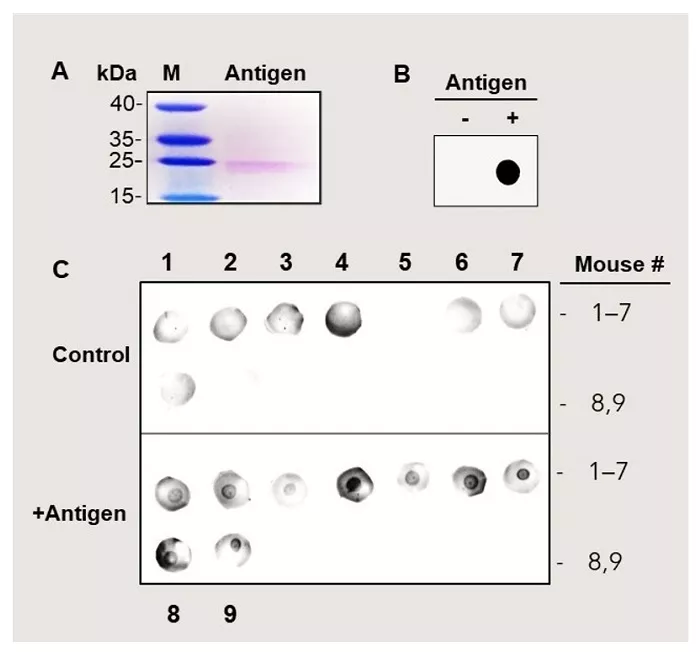
Figure 2: experimental mice produced antibodies after injection of antigen
To get back to business, University of Kansas researcher jackob moskovitz has been exploring a vaccine. Based on the protein rich in organic compound methionine sulfoxide and targeting amyloid protein, it launched a new scheme derived from corn protein.
According to its assumption, after being injected into the body, the protein derived from corn will act as an antigen to trigger the body's immune response to produce a targeted immune response β- Antibodies to amyloid plaques.
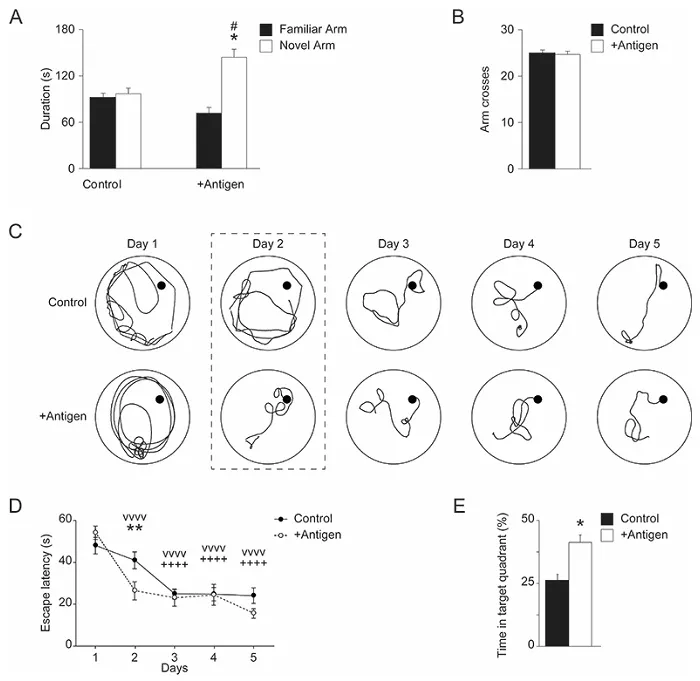
Figure 3: immunized mice can improve short-term and long-term spatial memory
In a study published in 2011, jackob moskovitz has shown that mice immunized with this protein can protect their brain cells from amyloid related toxicity and reduce plaque formation.
With age, more oxidative stress (including β- Amyloid and other proteins) and accumulate, resulting in a decrease in the body's ability to remove / degrade these toxic proteins.
Figure - 4: mouse plasma and brain reduce the burden of amyloid
In an earlier study, researchers had tried to inject a similar methionine sulfoxide rich protein into diseased mice, and the results showed that the amyloid plaque load in the hippocampus was reduced by nearly 30% (the hippocampus is the main area of Alzheimer's disease damage).
New research continues to delve into the root causes of amyloid plaques, and these tolerant proteins have escaped the control of earlier versions. To this end, scientists extracted a protein rich in methionine from corn and oxidized it to produce an antigen rich in methionine sulfoxide.
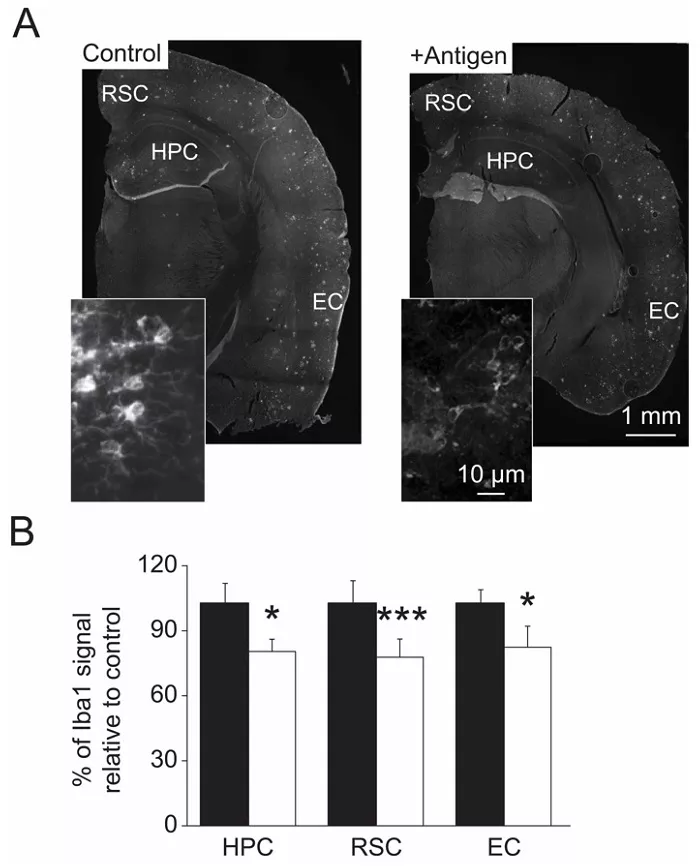
Figure 5: brain astrocyte image of experimental group / control group
Then it was applied to April rats that had undergone engineering transformation and later developed Alzheimer's disease. The results showed that compared with the control group, these experimental groups could show significant improvement at the age of 10 months.
In addition to improving short-term (about 50%) and long-term memory, plasma and brain β- Amyloid levels were also low. In addition, the report points out that the antioxidant capacity and immune cell activity of some brain regions have also been improved, and these results may be transformable.

Figure 6: the activity of glial cells in the experimental group decreased
In other words, this form of immunity either delays or prevents the onset of Alzheimer's disease. If all goes well, we may be able to provide a booster vaccine at the first colonoscopy in the patient's 50s / 60s to maintain this effect.
But researchers clearly have a lot of work to do before moving to human clinical trials. After all, there is still considerable uncertainty about whether amyloid / tau protein is the best target for the treatment of Alzheimer's disease.
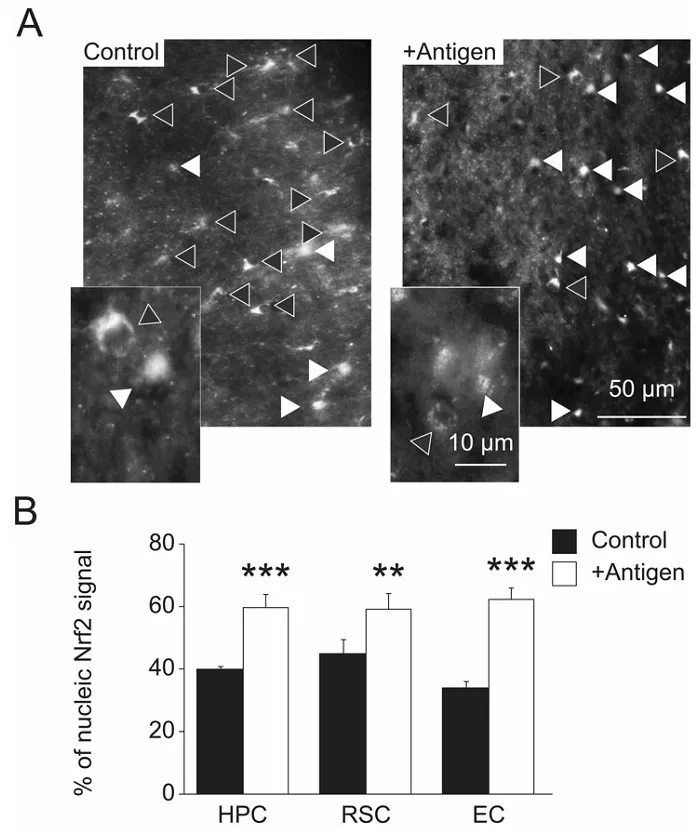
Figure: Nrf2 increase in nuclear localization study group
Details of the study have been published in the recently published journal antioxidants ) In the journal.
The original title was "protective effects against the development of Alzheimer's disease in an animal model through active immunization with methionine sulfide rich protein antigen".

